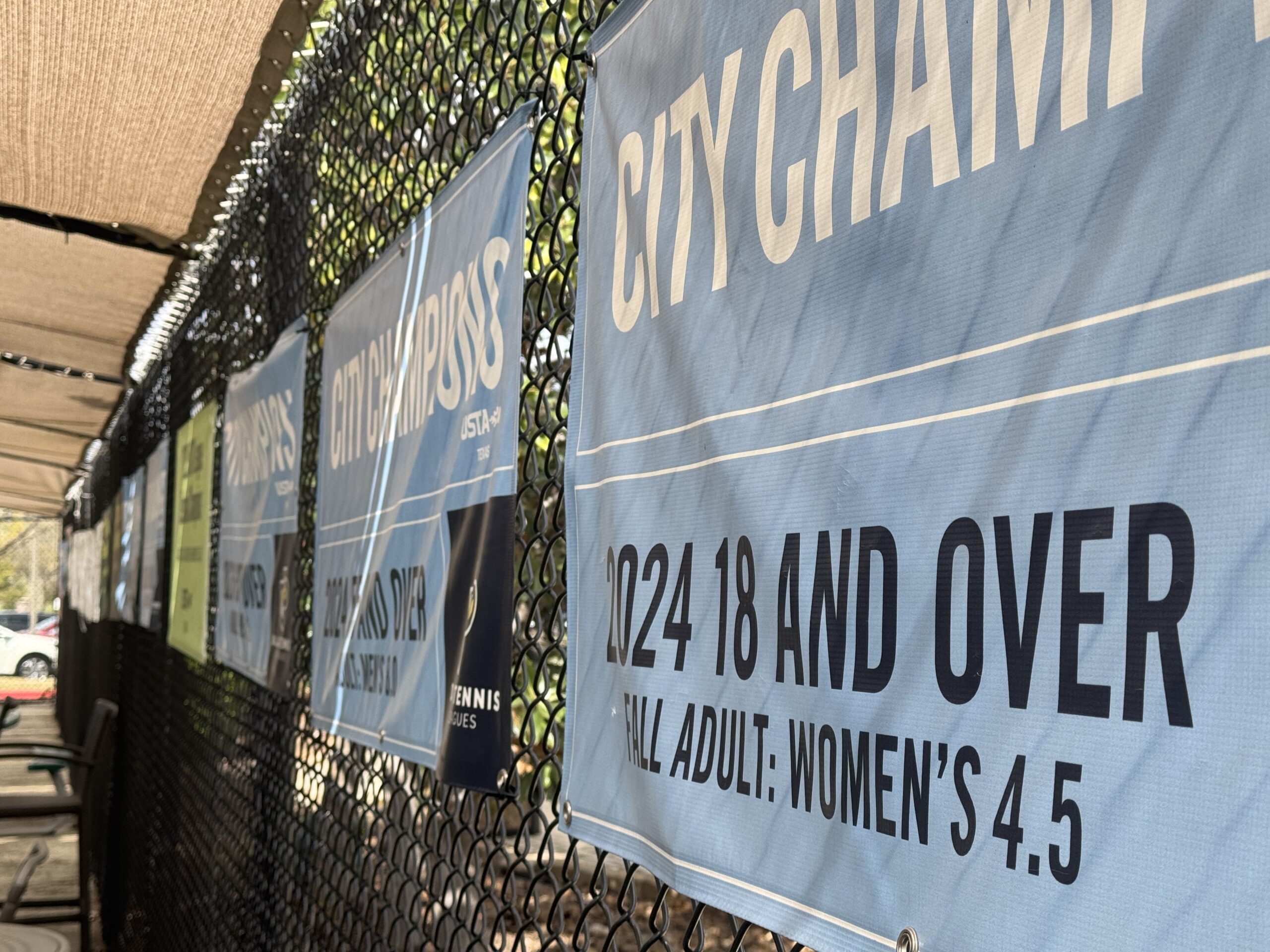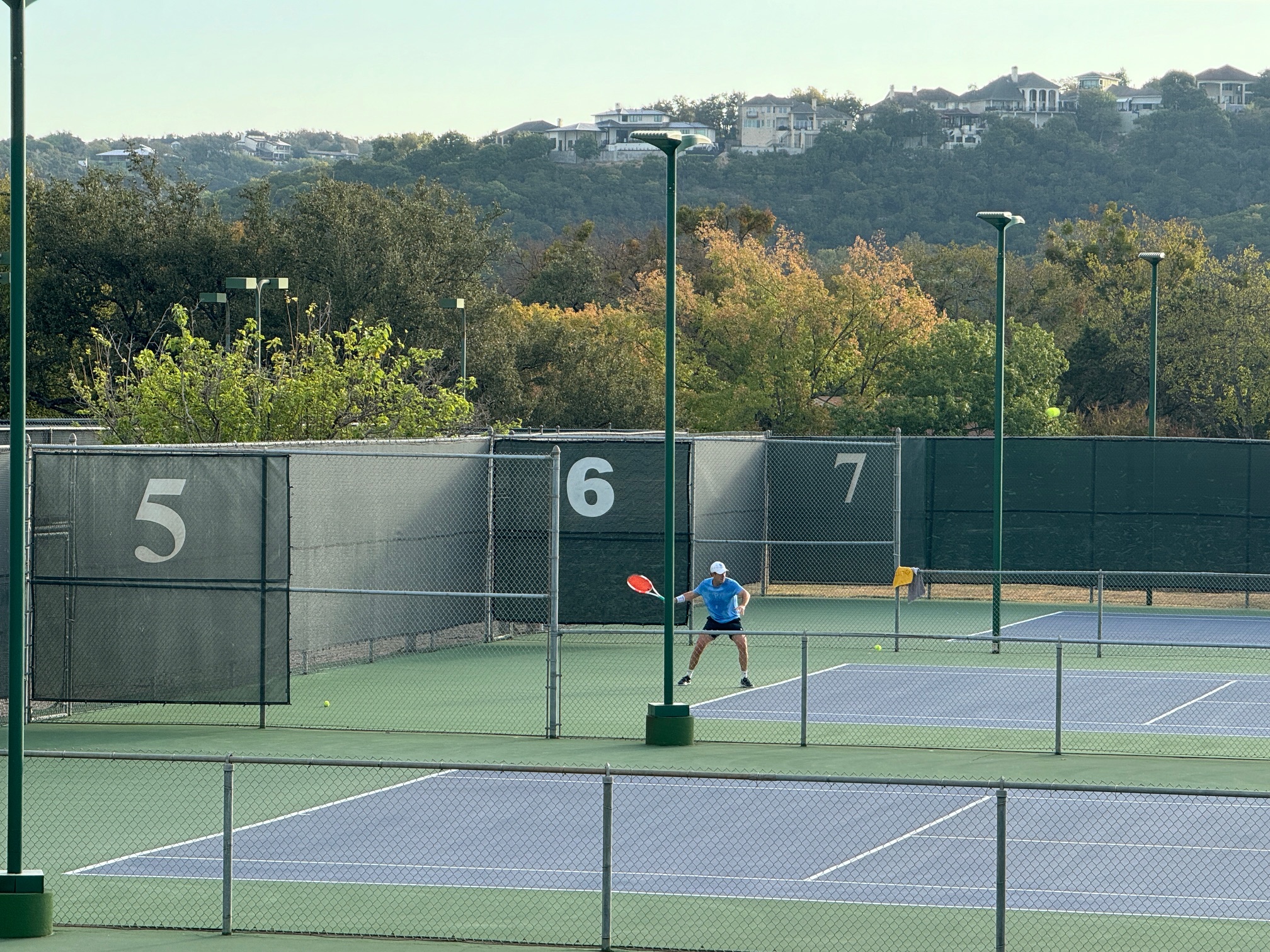My summer fling with Beach Tennis continues this week with a description of how to play this racquet sport variation. Two weekends ago, the ITF streamed both Finals from the 2023 Beach Tennis World Championships. I don’t really expect anyone to watch the full four-hour stream. However, there is no better way to internalize the rules than to watch a match, at least for me.
As a quick aside, today I learned that in Beach Tennis, the players warm up by hitting with their own doubles partner. That was interesting to me because the warmup routine for standard court tennis is a topic that is coming up soon as one of the unwritten rules of tennis.
Beach tennis is so similar to standard court tennis that it is easiest to explain how the game is played by focusing on the differences rather than the commonalities. For example, the server only gets one chance to put the ball in play, and any faults result in a loss of the point.
Receiving also has some quirks. First of all, there is a “Prohibited Service Return Zone” which extends out parallel from the net by three meters. Players may not stand in that position when receiving the serve. The rules state that this zone is delineated by markers. However, no markers were visible at the 2023 ITF World Championships.
The receiving team is required to establish their positions before each point and are not allowed to modify their location until the serve is put into play. I suspect that if a team had lined up on the “Prohibited Service Return Zone” it would have been detected and corrected during the match that I watched, even in the absence of the markers.
There are no such things as a service box or a center line, and the server is allowed to stand anywhere behind the baseline. There is no restriction to where a service may be targeted other than into the opponent’s court. Either player on the receiving team may return the serve. Similar to tennis, the server may not run into a jump serve. For people who are used to sand volleyball, that restriction may come as a surprise.
The scoring is identical to standard court tennis, with six game sets using advantage scoring. The tiebreak game used is what tennis players would call the standard Coman format. Additionally, the norm is to play a 10-point match tie-break game in lieu of a third set.
I now have a basic understanding of the rules and regulations of Beach Tennis. With four racquets in hand as well as appropriate balls, it’s just a matter of time before I rope some of my tennis people into giving this variation of our sport a spin.
Prior Posts on Beach Tennis:
- Life’s a Beach… Tennis, May 10, 2023.
- Beach Tennis: The Court, May 17, 2023.
- Beach (Tennis) Balls, May 24, 2023.
- Beach Tennis Racquets, May 31, 2023.
- ITF Rules of Beach Tennis, International Tennis Federation, 2023



